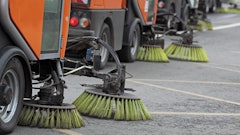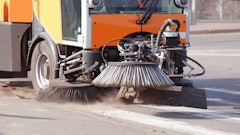Finding ways to reduce stormwater runoff pollution is an ongoing problem and the adage we heard 30 years ago — that clean water would ‘become the new oil’ — is now roaring to the forefront throughout the U.S. and the world. To address the problem, three different types of paved surfaces that allow water to pass through them are increasingly being built.
The biggest advantage of pass-through pavements is that rainwater is naturally filtered back into the ground rather than running off into receiving waters, transporting pollutants as it goes. To distinguish them from each other the different types of pass-through pavements have similar, but not identical, names: 'porous' when referring to asphalt, 'pervious' for concrete and 'permeable' for interlocking concrete paving blocks.
All three share a characteristic that is the crux of this article: They need to be cleaned on a routine basis by professionals who understand how to do so and who have the correct equipment. Most types of air sweepers will do the job, though some believe vacuum units may offer a better solution than regenerative air. Either type can do the work, though, and cleaning pass-through surfaces is a market niche that is poised to become more and more lucrative over time.
To learn what you need to know, go to WorldSweeper.com and put the search term ‘porous’ into the Google search bar located toward the middle top of the page. You’ll see links to articles that will explain what you need to know.
Once convinced you can handle cleaning pass-through surfaces, I encourage you to complete the survey that WSA and the Interlocking Concrete Pavement Institute have collaborated on that’s designed to develop a list of sweeping contractors pavement owners can call. Here’s the survey link: www.surveymonkey.com/r/VS7FVZB
As always, the management team at WSA is here to answer your questions. Feel free to call us toll-free at 866.635.2205.

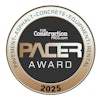
![Pavement Awards 2025[main]](https://img.forconstructionpros.com/files/base/acbm/fcp/image/2024/05/PavementAwards_2025_main_.665883e4276e8.png?auto=format%2Ccompress&bg=fff&fill-color=fff&fit=fill&h=100&q=70&w=100)
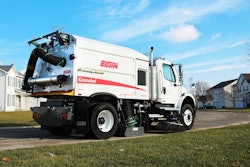

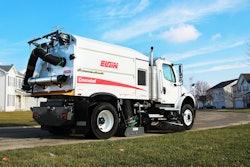




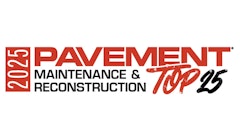
![Pavement Awards 2025[main]](https://img.forconstructionpros.com/files/base/acbm/fcp/image/2024/05/PavementAwards_2025_main_.665883e4276e8.png?ar=16%3A9&auto=format%2Ccompress&bg=fff&fill-color=fff&fit=fill&h=135&q=70&w=240)





